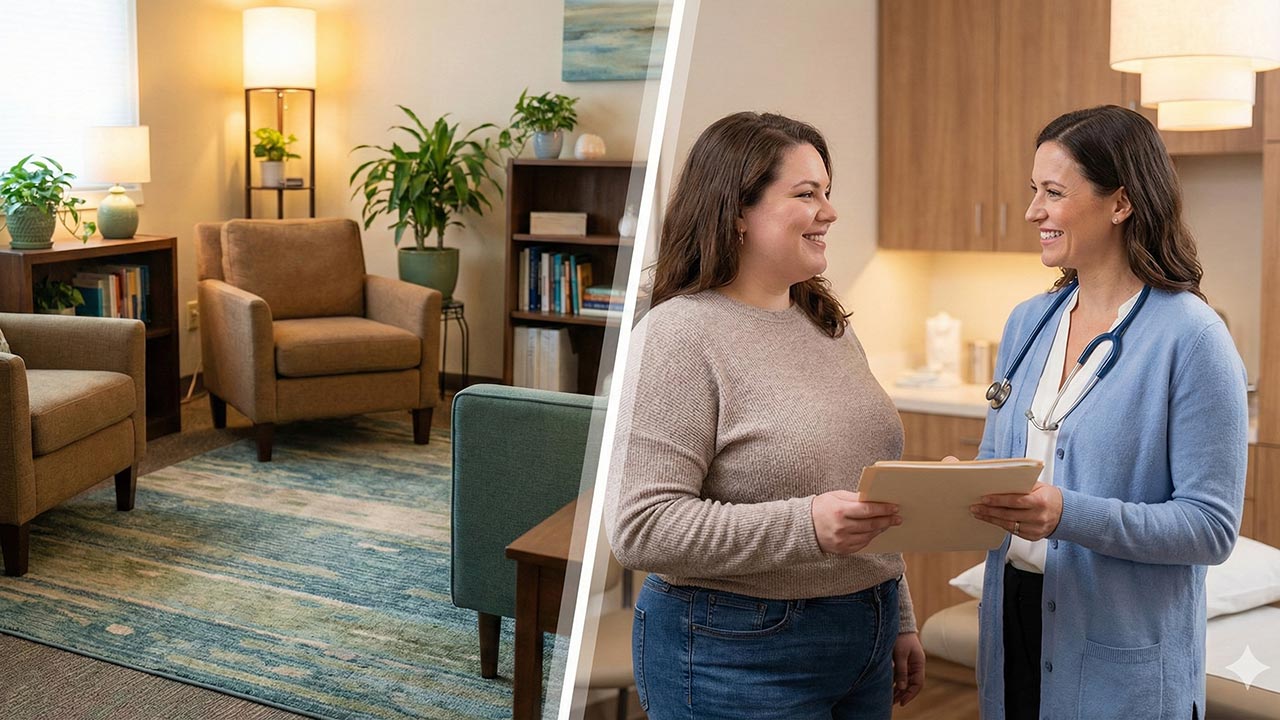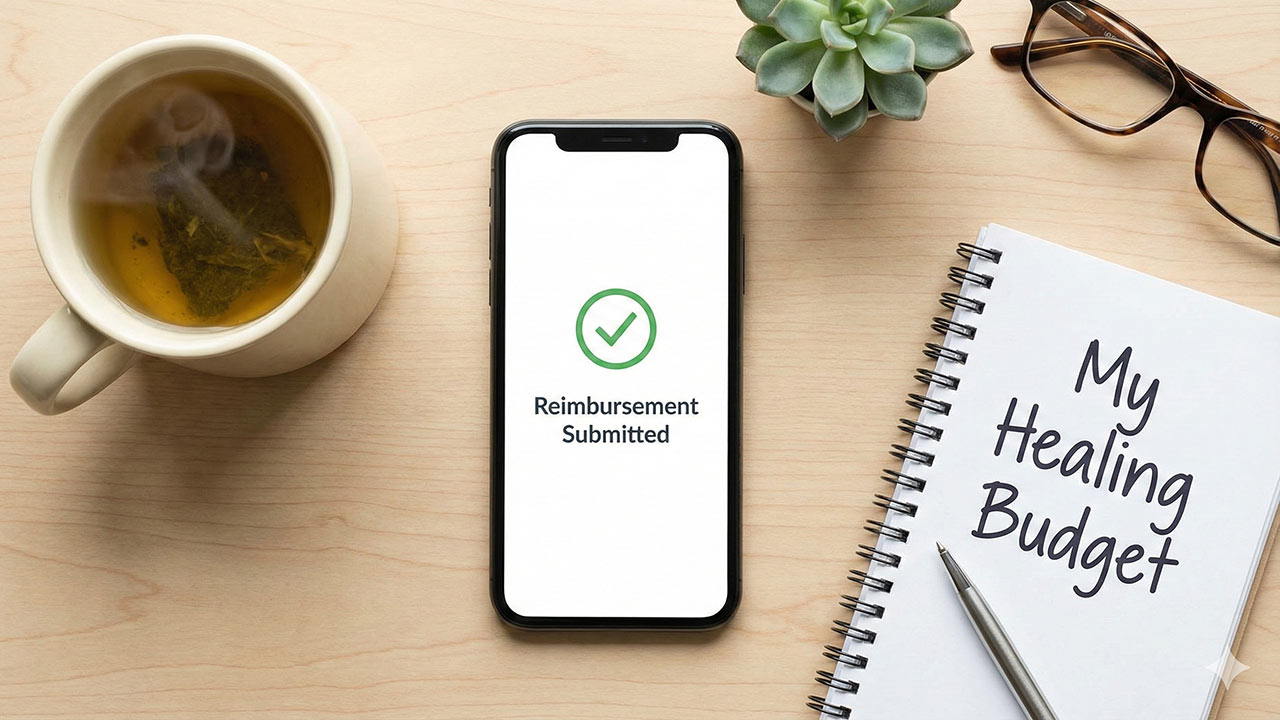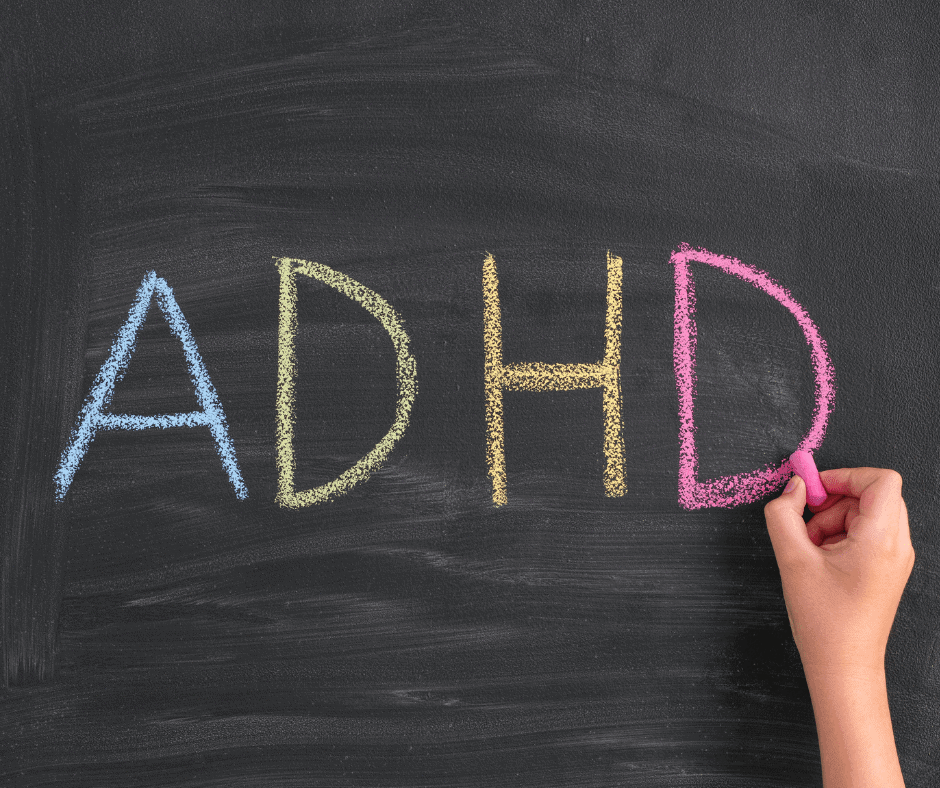If you’re feeling stressed, overwhelmed, or just plain unhappy, it’s probably time to talk to a mental health professional. Mental health counseling can help you manage your symptoms and improve your overall well-being. In this blog post, we’ll discuss the benefits of seeking out mental health counseling and offer tips on how to find the right counselor for you. We’ll also provide a list of resources that may be helpful in finding a therapist who is compatible with your needs. So if you’re struggling with mental health issues, read on for advice on how to get started.
Definition Of Mental Health Counseling
Mental health counseling is a type of therapy that aims to help individuals improve their mental well-being and cope with various mental health issues such as anxiety, depression, trauma, and stress. Mental health counselors are trained professionals who use various techniques and therapies to help their clients overcome mental health challenges and achieve a better quality of life.
Importance Of Seeking Help When Struggling With Mental Health Issues
It’s important to seek help when struggling with mental health issues because mental health problems can impact various areas of life, including relationships, work, and physical health. When left untreated, mental health issues can worsen and lead to more severe problems. Seeking help from a mental health counselor can provide individuals with the support they need to overcome their challenges and improve their overall well-being.
How Finding The Right Counselor Can Make A Difference In Your Mental Health Journey
 Finding the right counselor can make a significant difference in a person’s mental health journey. When looking for a counselor, it’s important to find someone who is a good fit for your needs and personality. A good counselor should be empathetic, non-judgmental, and supportive. They should also be experienced in treating the specific mental health issues that you’re struggling with.
Finding the right counselor can make a significant difference in a person’s mental health journey. When looking for a counselor, it’s important to find someone who is a good fit for your needs and personality. A good counselor should be empathetic, non-judgmental, and supportive. They should also be experienced in treating the specific mental health issues that you’re struggling with.
It’s also essential to choose a counselor who uses evidence-based therapies and techniques. Evidence-based therapies are treatments that have been proven to be effective in clinical trials. By choosing a counselor who uses evidence-based therapies, individuals can feel more confident in their treatment and be more likely to experience positive outcomes.
What To Consider When Choosing A Mental Health Counselor
When it comes to choosing a mental health counselor, there are several important factors to consider. Here are some key things to keep in mind:
- Qualifications and Credentials: It’s important to ensure that your counselor is licensed and has the appropriate qualifications and credentials to provide mental health counseling. Look for someone who has completed a graduate degree in counseling or a related field and is licensed or certified in their state.
- Personal Fit and Compatibility: A good counselor-client fit is essential for a positive therapeutic outcome. Consider factors such as the counselor’s personality, communication style, and approach to treatment. It’s important to feel comfortable with your counselor and confident in their ability to help you.
- Therapy Style and Approach: There are many different types of therapy, and it’s important to find a counselor who uses an approach that resonates with you. Some common therapy styles include cognitive-behavioral therapy (CBT), psychodynamic therapy, and humanistic therapy. Research different therapy styles and ask potential counselors about their approach.
- Cost and Insurance Coverage: Mental health counseling can be expensive, so it’s important to consider the cost of treatment and whether your insurance will cover it. Ask potential counselors about their fees and whether they accept your insurance. If you don’t have insurance or your insurance doesn’t cover counseling, ask about sliding scale fees or other options for a reduced cost.
Choosing a mental health counselor can be a daunting task, but by considering these factors, you can find a counselor who is qualified, compatible, and affordable. Remember that therapy is a collaborative process, and finding the right counselor is an important first step on the path to healing and growth.
How To Find The Right Mental Health Counselor For You
Your mental health is just as important as your physical health, and finding the right mental health counselor can make a huge difference in your well-being. However, the process of finding the right counselor can be overwhelming and daunting. You might be wondering where to start, what to look for, and how to know if a counselor is a good fit for you.
Fortunately, there are some simple steps you can take to find the right mental health counselor for you.
- Ask for referrals and recommendations from trusted sources
One of the best ways to find a good mental health counselor is to ask for referrals and recommendations from people you trust. This could be your doctor, a friend, a family member, or a colleague who has had a positive experience with a counselor.
Be sure to ask what they liked about the counselor and what they didn’t like. This will give you a better idea of what to expect and what to look for in a counselor.
- Do your own research and check reviews and ratings online
Once you have some referrals, it’s important to do your own research as well. You can search online for reviews and ratings of the counselors you’re considering. This can give you an idea of what other people have experienced with the counselor.
Be sure to read both positive and negative reviews, as this can help you get a more balanced perspective.
- Schedule a consultation or interview with potential counselors
Before you commit to a counselor, it’s a good idea to schedule a consultation or interview. This will give you a chance to ask questions and get a sense of whether the counselor is a good fit for you.
- Trust your intuition and make a decision that feels right for you
Finally, it’s important to trust your intuition and make a decision that feels right for you. You want to feel comfortable and safe with your counselor, so if something doesn’t feel right, it’s okay to keep looking.
Remember, finding the right mental health counselor is an important investment in your well-being. By following these steps, you can find a counselor who can help you improve your mental health and overall quality of life.
What To Expect During Your First Sessions With A Mental Health Counselor
Starting therapy can be an intimidating experience for many people, especially if it’s their first time seeking help for their mental health. However, it’s important to remember that seeking support from a mental health counselor is a courageous and necessary step toward improving your well-being. Here’s what you can expect during your first sessions with a mental health counselor:
- Establishing rapport and building trust
During your first session, your mental health counselor will spend time getting to know you and establishing a rapport with you. They’ll ask questions about your background, your current situation, and what brought you to therapy. This process is important in building trust between you and your therapist, as trust is a crucial component of a successful therapeutic relationship.
- Discussing goals and expectations
Once your therapist has an understanding of your situation, they’ll work with you to identify your goals for therapy. This may include reducing symptoms of anxiety or depression, improving relationships, or developing better coping skills. Together, you and your therapist will set expectations for what you hope to achieve from your sessions.
- Assessing your mental health needs and creating a treatment plan
Your mental health counselor will likely conduct an assessment to identify your mental health needs and determine the best course of treatment. This may include asking you questions about your mental and physical health, as well as any previous experiences you’ve had with therapy or other treatments. Based on this information, your therapist will work with you to create a treatment plan that meets your needs and aligns with your goals.
- Setting boundaries and addressing concerns
During your first sessions, your mental health counselor will also work with you to set boundaries for the therapeutic relationship. This may include discussing confidentiality, scheduling appointments, and outlining expectations for communication outside of sessions. Additionally, if you have any concerns about the therapeutic process, your therapist will encourage you to express them openly and work with you to address them.
The Importance Of Continuing Your Mental Health Journey
Continuing your mental health journey is crucial for maintaining overall well-being and quality of life. Counseling can play a vital role in ongoing mental health maintenance and self-improvement by providing a safe and supportive environment to explore challenges, develop coping skills, and achieve personal growth. Developing long-term relationships with a counselor can also help individuals access support when needed and build a sense of trust and safety. Normalizing the need for mental health care and reducing stigma can help break down barriers to accessing support and improve outcomes for those struggling with mental health concerns. Finding the right mental health counselor is crucial for your emotional well-being. It can be a difficult and overwhelming process, but it’s essential to take the time to find someone who can support you through your mental health journey. At Resilient Mind Counseling, we are here to provide you with compassionate and professional mental health counseling services. We understand that everyone’s needs are unique, and we tailor our approach to each individual client. So if you are looking for a mental health counselor, don’t hesitate to get in touch with us or visit our website. We are here to help you on your path toward a happier and healthier life.
Finding the right mental health counselor is crucial for your emotional well-being. It can be a difficult and overwhelming process, but it’s essential to take the time to find someone who can support you through your mental health journey. At Resilient Mind Counseling, we are here to provide you with compassionate and professional mental health counseling services. We understand that everyone’s needs are unique, and we tailor our approach to each individual client. So if you are looking for a mental health counselor, don’t hesitate to get in touch with us or visit our website. We are here to help you on your path toward a happier and healthier life.














